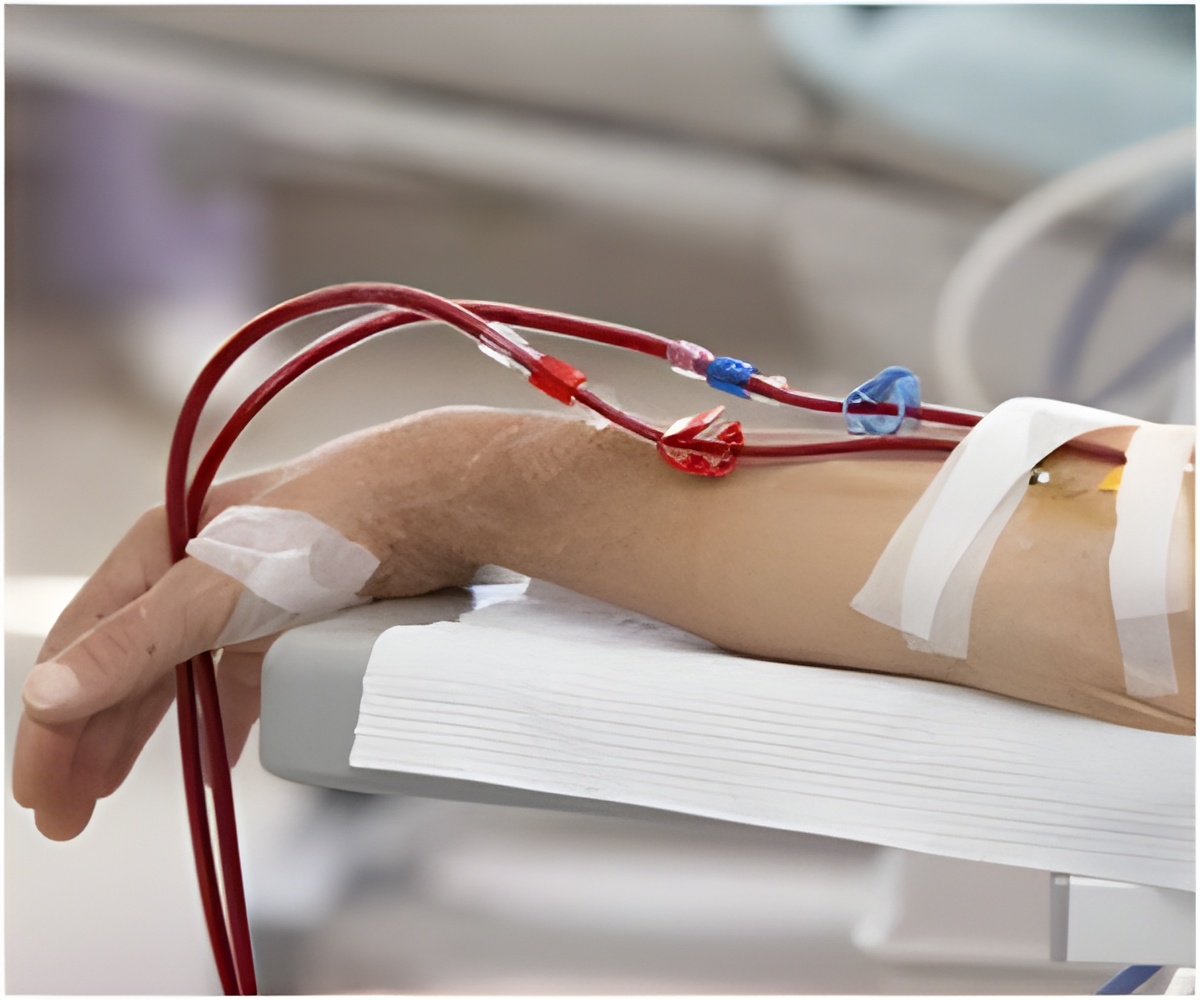A new study revealed how intensive dialysis treatments in pregnant women suffering from kidney failure may have higher proportion of live births as opposed to that under standard dialysis care

In Toronto, young kidney failure patients are offered more intensive dialysis to help improve their quality of life. Physicians have found that such intensive dialysis also helps restore fertility and allow some young women to conceive.
Michelle Hladunewich, MD (Sunnybrook Health Sciences Centre, in Toronto) and her colleagues assessed the effects of such intensive dialysis on pregnancy outcomes by comparing patients from Toronto with that from the United States. In Toronto, young women undergo on average 43 hours of dialysis per week compared with only 17 hours per week in the United States. The researchers' analysis included 22 pregnancies in the Toronto Pregnancy and Kidney Disease Clinic and Registry (2000-2013) with 70 pregnancies in the American Registry for Pregnancy in Dialysis Patients (1990-2011). In Toronto, 18 of the pregnancies occurred after the start of dialysis, whereas dialysis was initiated during pregnancy in four women. In America, 57 pregnancies occurred in women already on dialysis and 13 occurred in women approaching the need for dialysis.
Among the major findings:
- In patients with established kidney failure at conception, the live birth rate in the group from Toronto was 83%, compared with only 53% in the American group.
- The median duration of pregnancy in the more intensively dialyzed group of women from Toronto was 36 weeks compared with 27 weeks in American women. Advertisement
- A dose response between dialysis intensity and pregnancy outcomes occurred. For women dialyzed for more than 36 hours per week, the live birth rate was 85%, while it was only 48% in women dialyzed for 20 hours or less per week. Infants were a healthier weight at birth when women were dialyzed for more than 20 hours per week than when women were dialyzed for 20 hours or less per week.
- Complications were few and manageable in women who received intensive dialysis.
Advertisement
Source-Eurekalert














